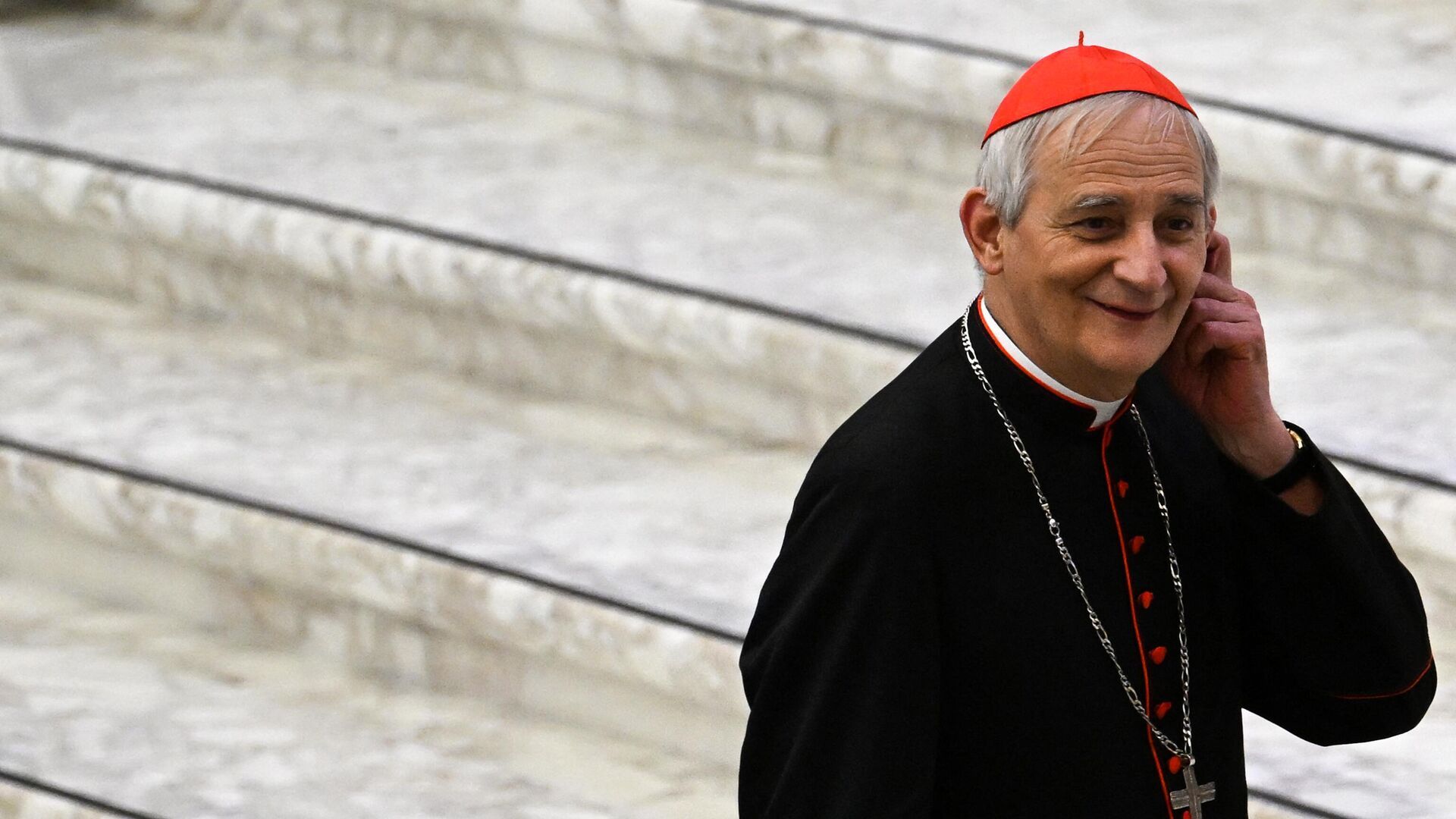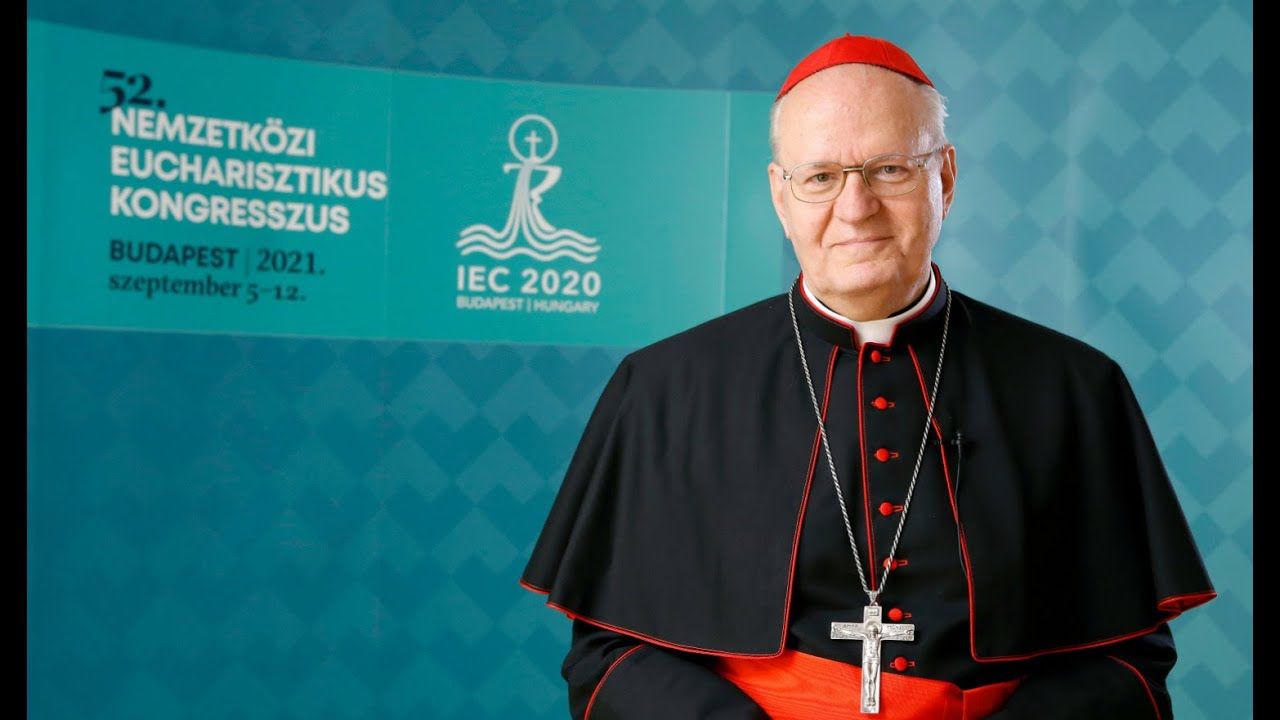Pope Francis Dies at 88: Here Are the 9 Cardinals Who Could Become the Next Pope
Key Take-aways from this Story
1. Cardinal Pietro Parolin (Italy)
As the current Secretary of State, Cardinal Parolin operates like the Vatican’s geopolitical architect — soft-spoken, astute, and rarely seen without a calculated response. Fluent in diplomacy and known for his deft handling of Church-state relationships, Parolin has been instrumental in negotiating complex accords, from the fragile China-Vatican deal to the Holy See’s careful position on the war in Ukraine. A figure of continuity, his leadership would likely maintain Pope Francis’s trajectory but in a more administrative, perhaps less visionary tone. For many within the Roman Curia, he represents the safe option: calm, experienced, and rooted in the Vatican's ancient machinery. For others, that very safety feels stagnant. His challenge lies in energizing the faithful beyond the walls of the Holy See.
2. Cardinal Luis Antonio Tagle (Philippines)
Cardinal Tagle is a symbol of Catholicism’s demographic shift — from the grand cathedrals of Europe to the bustling, impoverished, deeply spiritual communities of the Global South. Hailing from Manila and now serving as the Pro-Prefect for Evangelization in Rome, he is widely seen as a papabile who carries both the humility of the poor and the sharpness of theological intellect. Tagle speaks with emotion, preaches with tears, and draws crowds wherever he goes — often likened to a "younger Francis with an Asian face." He is a reformer, not with fire but with empathy, placing wounded humanity at the heart of the Gospel. But his charisma is not universally celebrated; conservative factions view his pastoral softness with suspicion, and some doubt whether he possesses the iron hand needed to govern the fractious elements of the Church's inner court.
3. Cardinal Peter Turkson (Ghana)
If chosen, Cardinal Turkson would be the first African pope in over a millennium — a decision that would send a seismic message about inclusion and the Church’s future direction. Turkson is no stranger to the spotlight; he has long been one of the Vatican’s key voices on global justice, integral ecology, and economic inequality. He helped draft Laudato Si’, Pope Francis’s encyclical on the environment, and his blend of doctrinal orthodoxy with social progressivism makes him a unique bridge across ideologies. Yet Turkson’s road is not without detours. Some within the Curia found his tenure as Prefect for Integral Human Development inconsistent, and questions linger about whether he can handle the vast, often political complexities of the papacy. Nevertheless, his rise would electrify the Global South and inspire millions who have long felt seen but not heard.
4. Cardinal Matteo Zuppi (Italy)

Known for his gentle charisma and street-level engagement, Cardinal Zuppi is perhaps the most Francis-like Italian candidate. He rose through the Sant’Egidio movement, famed for its peacebuilding work in war-torn regions, and he continues to champion dialogue with migrants, the marginalized, and people of other faiths. As Archbishop of Bologna and head of the Italian Bishops’ Conference, he holds considerable sway in a country that has long shaped the spiritual and political DNA of the Vatican. Zuppi’s papacy would amplify compassion over control, dialogue over dogma, and accompaniment over admonishment. He has even been tapped by Francis to lead peace missions in the Ukraine conflict — a sign of the deep trust the current pope places in him. But his critics, mostly from conservative factions, fear that his pastoral softness could morph into theological looseness. Still, his appeal among everyday Catholics is profound.
5. Cardinal Robert Sarah (Guinea)
For those who feel the Church has drifted too far from its sacred traditions, Cardinal Sarah is their anchor. Stoic, monastic, and profoundly conservative, Sarah represents a vision of Catholicism grounded in silence, sacrifice, and strict orthodoxy. As former head of the Congregation for Divine Worship, he was an outspoken critic of liturgical innovation and secular influence, championing a return to reverence and ritual purity. His writings, deeply mystical and sometimes politically charged, have made him a hero to traditionalists worldwide. If chosen, Sarah would signal a radical reversal of Francis-era reforms. His defenders see a man of unshakable faith; his detractors, a figure too rigid to navigate the pluralism of modern Catholic life. A papacy under Sarah would be bold, polarizing — perhaps even seismic.
6. Cardinal Raymond Burke (USA)
Cardinal Burke is less a diplomat and more a warrior — waging battle against what he perceives as the moral and doctrinal erosion of the modern Church. He has openly challenged Francis’s reforms, particularly around communion for divorced and remarried Catholics, and remains a fierce defender of the Latin Mass and traditional sexual ethics. In some circles, he is revered as the last bulwark against liberalism; in others, dismissed as a relic of pre-Vatican II rigor. A papacy under Burke would likely provoke massive internal confrontation, reinvigorating traditionalists while alienating much of the Church’s younger, more progressive base. His path to the papacy is narrow — but not impossible, especially if the next conclave swings hard in favor of doctrinal clarity over ecclesial unity.
7. Cardinal Péter Erdő (Hungary)

A scholar by training and canon lawyer by profession, Cardinal Erdő represents the intellectual muscle of the European conservative bloc. As the former Primate of Hungary and a key figure in Eastern European Catholicism, he blends orthodoxy with diplomatic calculation. Erdő is not inflammatory — his conservatism is expressed through theology, not culture war rhetoric. A papacy under his leadership would likely be quiet, methodical, and grounded in Church law. He might not stir the hearts of the masses, but he could provide the institutional discipline and legal structure many feel the Church currently lacks. His intellectualism, however, might struggle in an era increasingly defined by emotion, spectacle, and rapid global change.
8. Cardinal Marc Ouellet (Canada)
Once seen as a frontrunner in 2013, Cardinal Ouellet has the rare advantage of experience and global exposure. He headed the Congregation for Bishops, giving him significant influence over episcopal appointments worldwide. His theology is orthodox, but not extreme — a bridge figure who might be acceptable to both sides of the Church’s widening spectrum. However, recent years have clouded his image. He was named in investigations concerning Church abuse, though later cleared. The shadows remain. Still, his intellect, diplomatic finesse, and cross-continental experience make him a serious contender should the conclave favor a return to calm, measured governance.
9. Cardinal Malcolm Ranjith (Sri Lanka)
From the island nation of Sri Lanka, Cardinal Ranjith is a firm believer in liturgical purity and ecclesiastical order. A former Vatican insider turned vocal critic of certain post-Vatican II reforms, he champions a return to traditional worship and stricter catechesis. Ranjith’s leadership would likely steer the Church toward conservatism, especially in matters of worship and moral theology. He has been outspoken on issues of religious freedom and Western secularism, often warning of cultural decay. While not a global celebrity like some of the others, he commands deep loyalty in Asia and among traditionalist circles. Yet his narrow theological vision could struggle in a world that demands both conviction and compassion.
Conclusion:
The conclave that selects the next pope will not just be choosing a man — it will be choosing a vision, a theological compass, and a global strategy. The Church stands at a threshold: in one direction lies reform, inclusion, and global representation; in the other, tradition, clarity, and doctrinal retrenchment. Each of these nine cardinals reflects the tensions, hopes, and spiritual longings of over a billion Catholics — and beyond them, a watching world. When the white smoke rises, the future of faith itself will hang in the balance.





0 comments